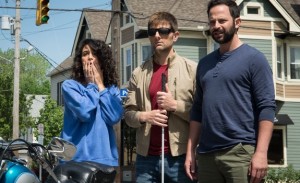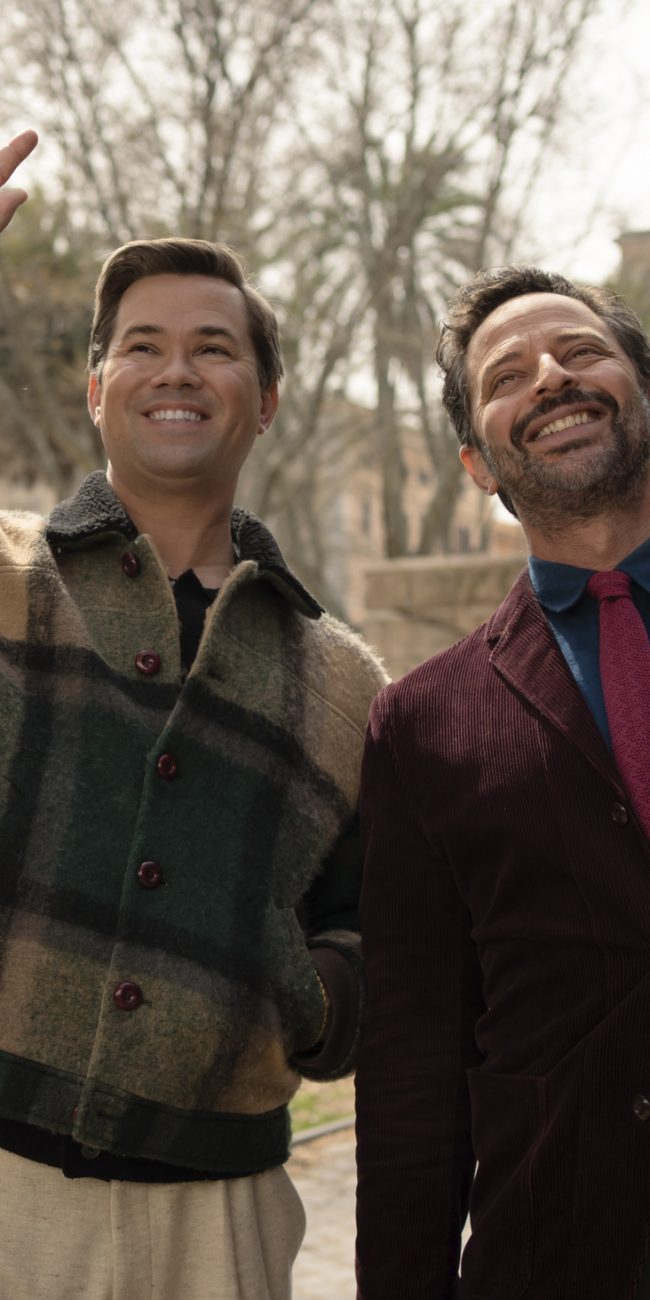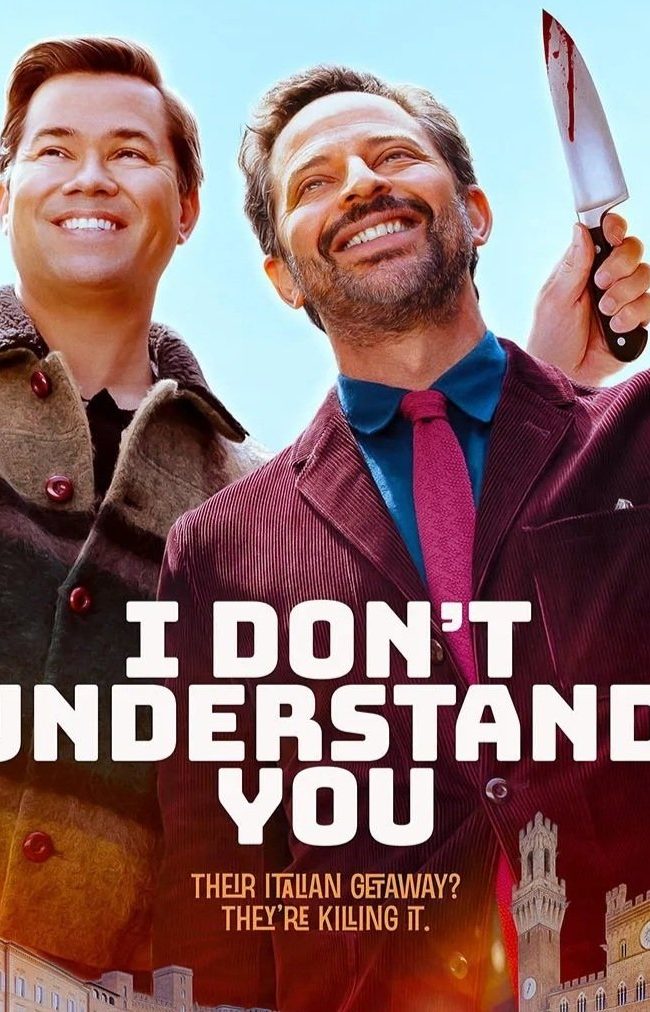A Conversation with Sophie Goodhart (MY BLIND BROTHER)
I met with director Sophie Goodhart on Sunday, March 13, 2016, to discuss her movie My Blind Brother, for which I also wrote a review. Here is a condensed digest of that conversation.
– Christopher Llewellyn Reed
Hammer to Nail: So this is your feature debut and it’s an adaptation of your 2003 short of the same name, which was a nominee for the Palme d’Or at Cannes for best short film that same year. Did you always want to turn it into a feature? Describe how you got from there to here.
SG: So I did it as a short, finished it, worked on other things. Then I was writing another script about Rose (the character played by Jenny Slate) – a woman who breaks up with her boyfriend and just after she dumps him, he’s killed – and it was about guilt and shame, and then, it was thin, and it was like, how do I kind of build this story, and then I realized that I could put the two stories together. And I’m a slow writer, and so it took a while to kind of show itself. So I probably started working on it in 2006/2007, and then I put it away for a while, it came back, I put it away, and then didn’t get the cast attached until last January. And then once the cast was attached, it was like, oh, I get to make the movie.
HtN: So that segues into my next question, which is how did you get the script to this amazing cast?
SG: [Producer] Tory Tunnell. Tory saw my short at the NYU First Run Film Festival, and she and I have worked on other scripts that have almost, well, they’ve been green-lit and I’ve bought everyone drinks in a bar and toasted “Hurray,” and then, two months later, it didn’t happen. And she’s been with me on this – she’s been kind of my mentor – she started sending this out a few years ago, and there’s been some interest, but it’s difficult, because it’s expensive to shoot on water…So for a first film people don’t really want to give you a lump of cash because you’re a risk. And so she kept on sending it and then Sharon Jackson, who’s a big comedy agent at William Morris, read it, liked it, showed it to her clients, who are Adam [Scott], Nick [Kroll] and Jenny, and once I had Adam, Nick and Jenny, I could kind of do anything.
HtN: And Zoe Kazan. I love Zoe Kazan, and I almost wish she had more to do in your film, because…she’s so good! She’s good in everything. That scene where they’re dancing and they’re out, that’s so much fun.
SG: I know! I think that restaurant scene is my favorite, from them getting to the bar and then going home. I agree. Zoe’s unbelievable. It was kind of insane that I got her to play this character. That was all I had written for Francie [Kazan’s character]. I wish I had written more.
HtN: So I’m curious, have you gotten any pushback from members of the disabled community about some of your jokes?
SG: No, not at all. So at the Q&A last night, there was a visually impaired man in the audience who stood up and said, “This is the most subtle, truthful portrayal of a blind person I have ever seen in a film.” And I was like, “Hurray!” I’m sure we’ll get pushback about every single element of the film from somewhere. And I’m open to it. I feel that everyone in the film is morally complex. And everyone has good parts and bad parts. And I think that portraying disabled people as just this sort of one-note angelic hero is deeply patronizing.
HtN: And that’s the strength of your film. I’m more referring to the other jokes.
SG: Interestingly, maybe some of the things that Rose said could be a little, you know, prejudiced. And Bill’s [Kroll’s character’s] resentment, but that’s a problem, and I’m kind of drawing attention to it. The film doesn’t condone it. It says that we, as people, are sometimes deeply f***ed up.
HtN: Sure. Well, thanks for your time!
– Christopher Llewellyn Reed (@ChrisReedFilm)












